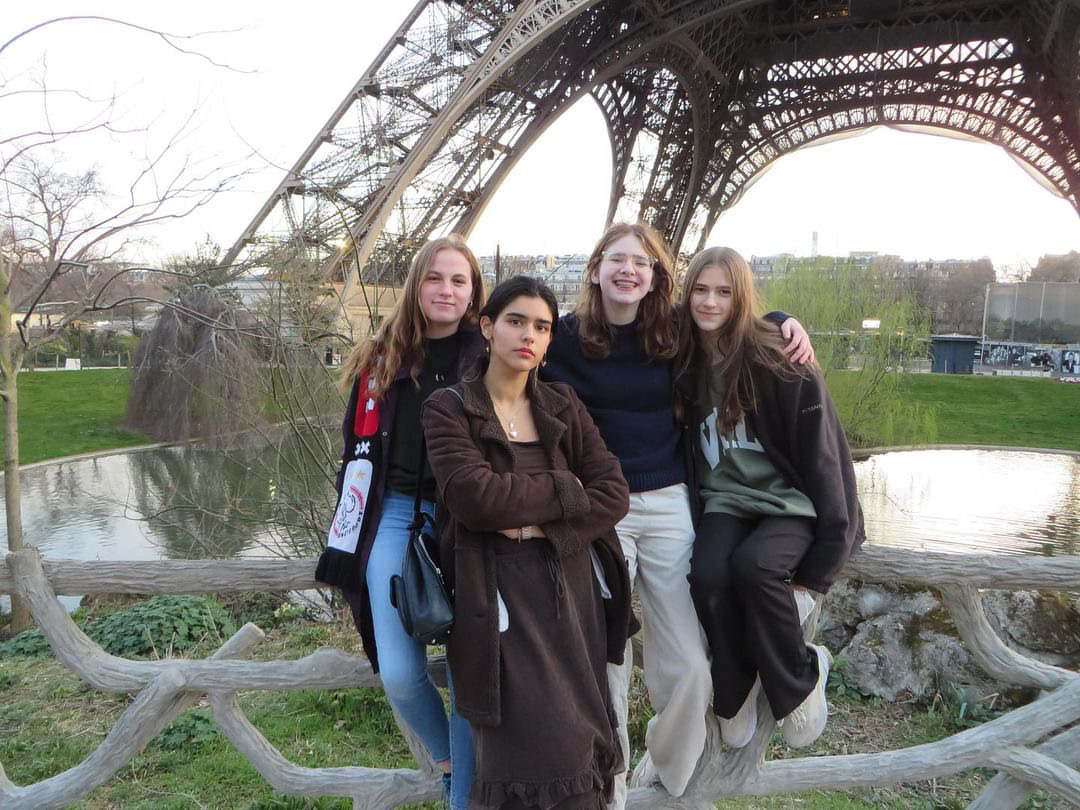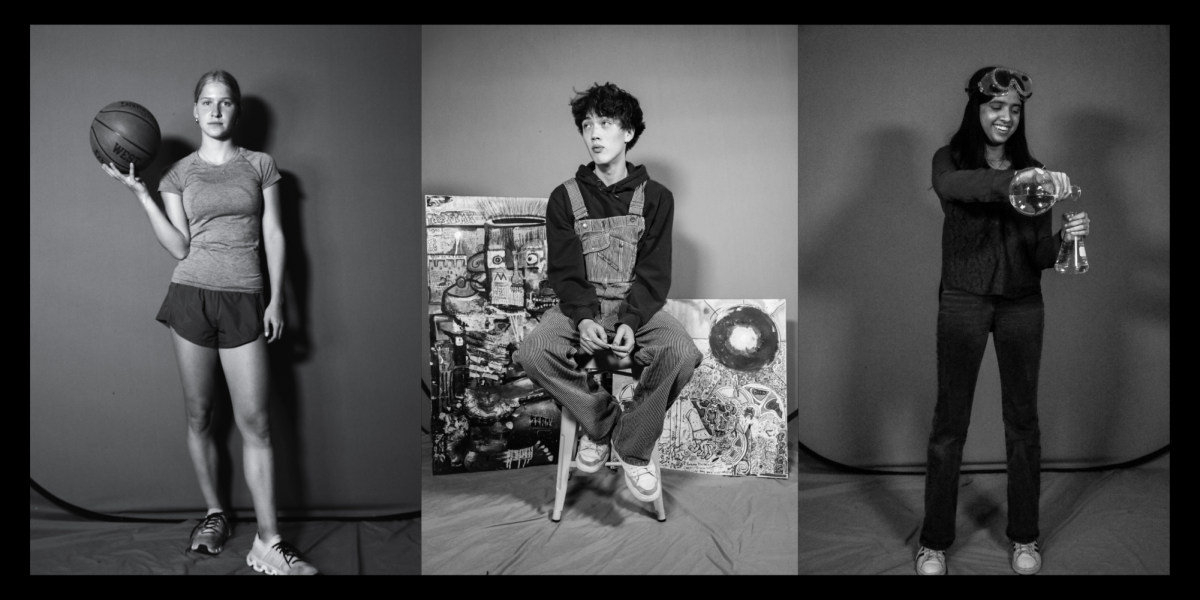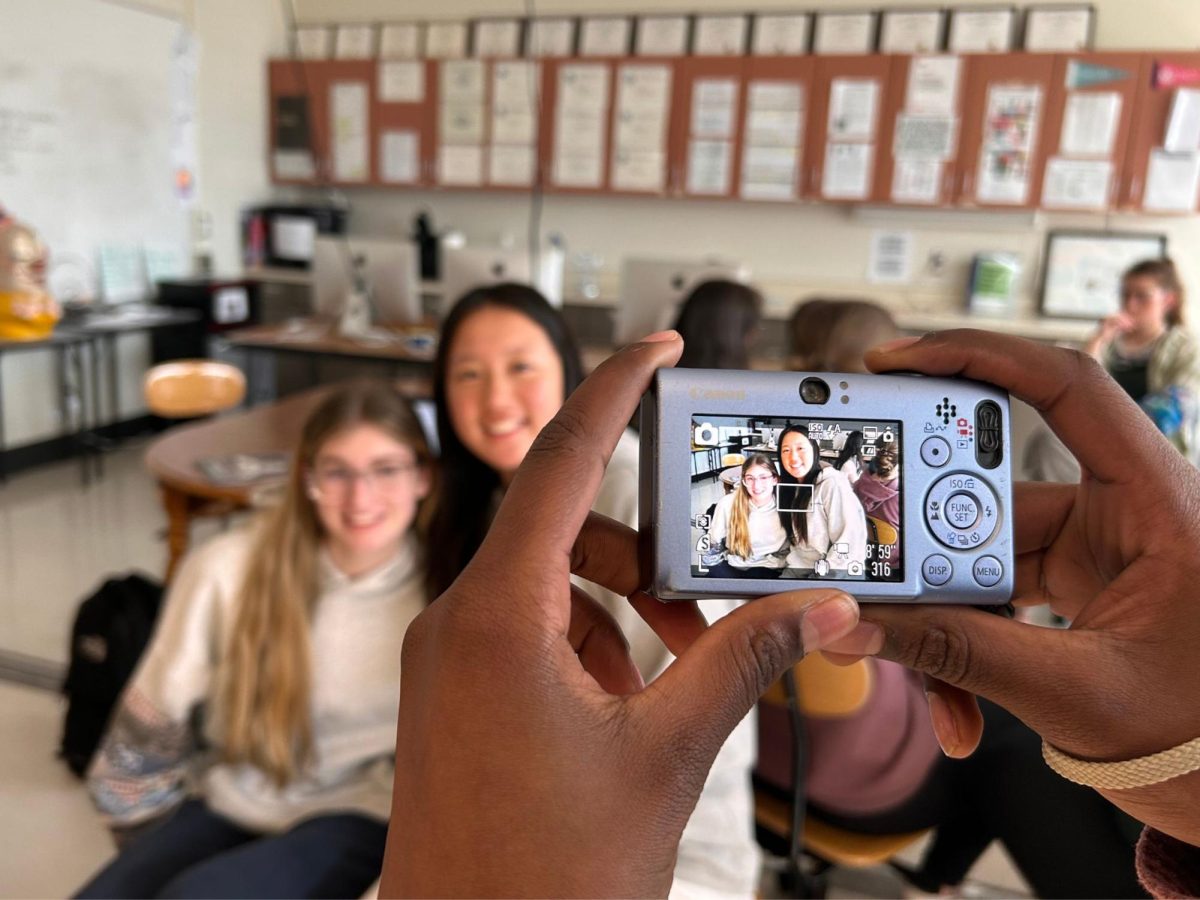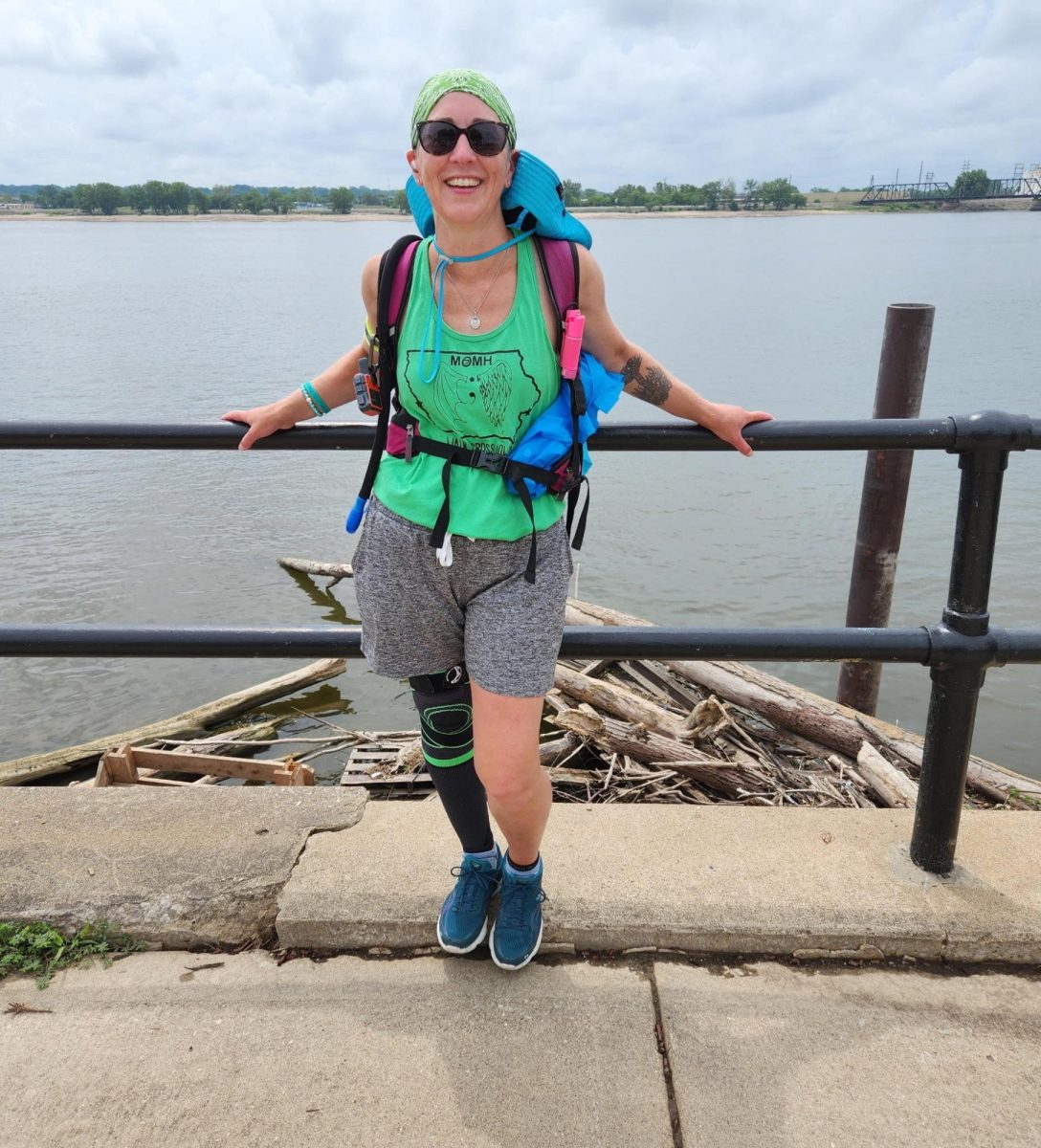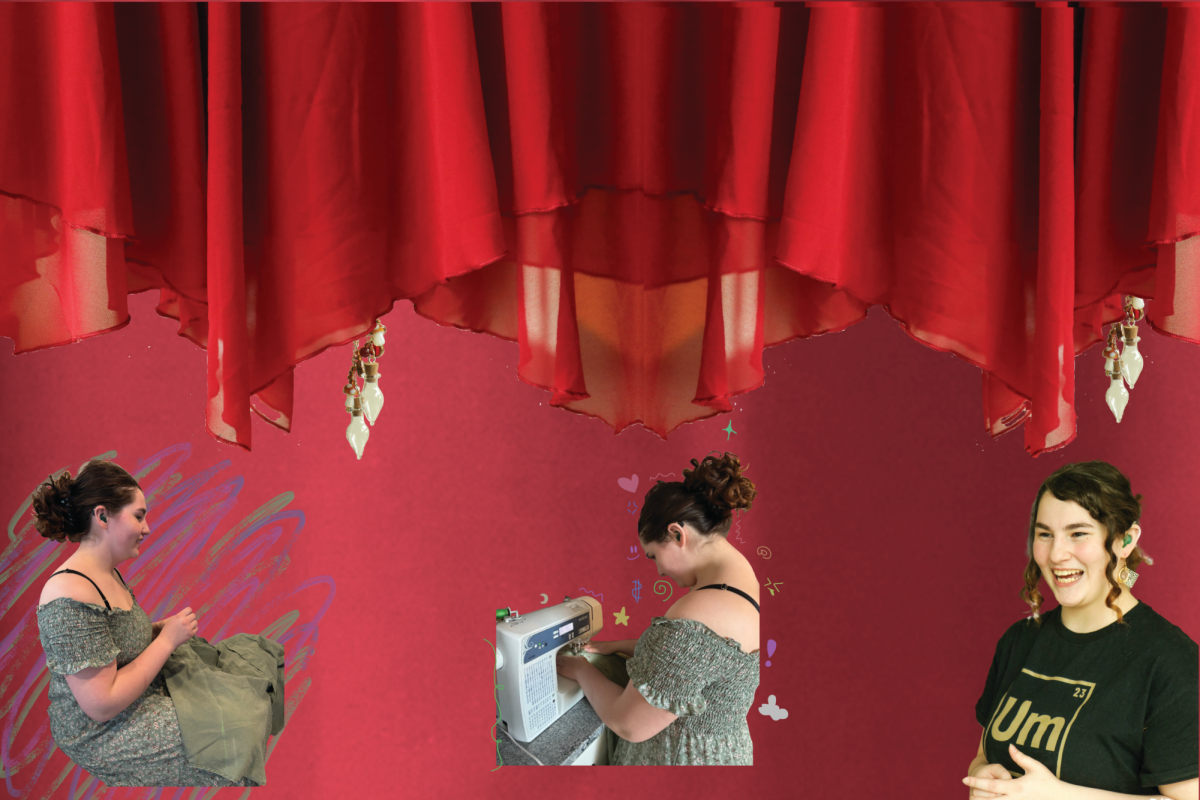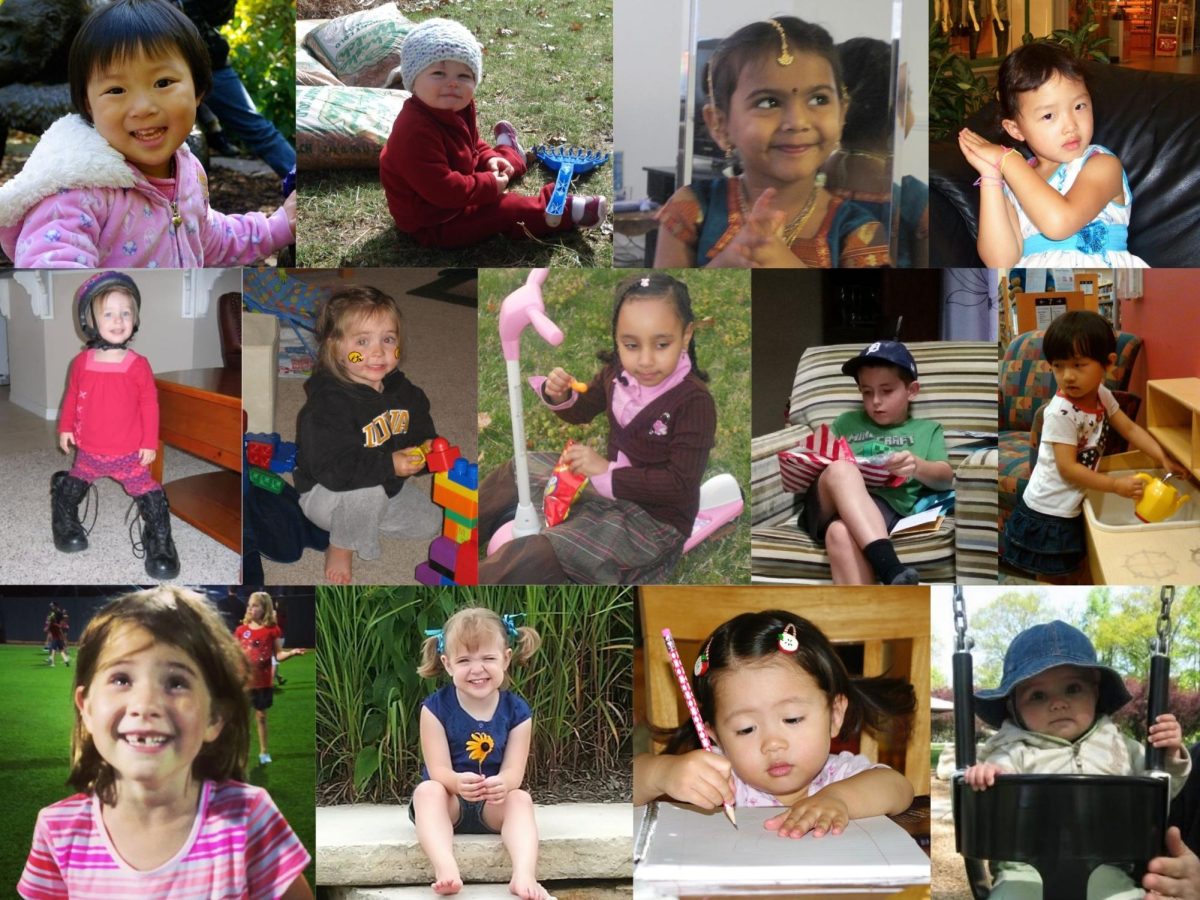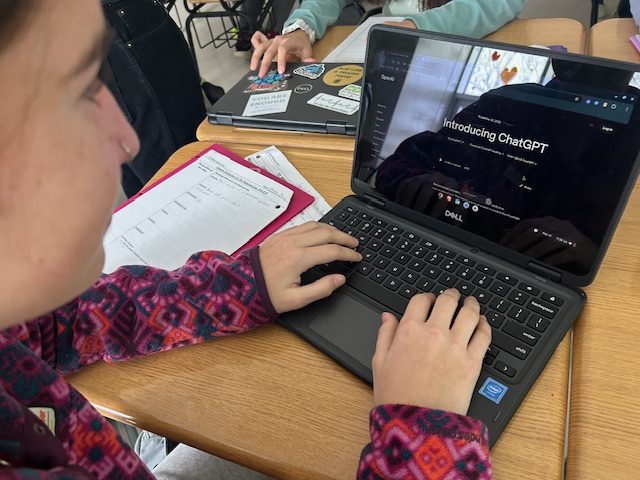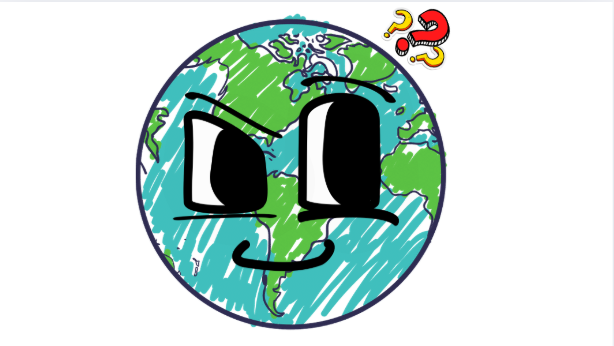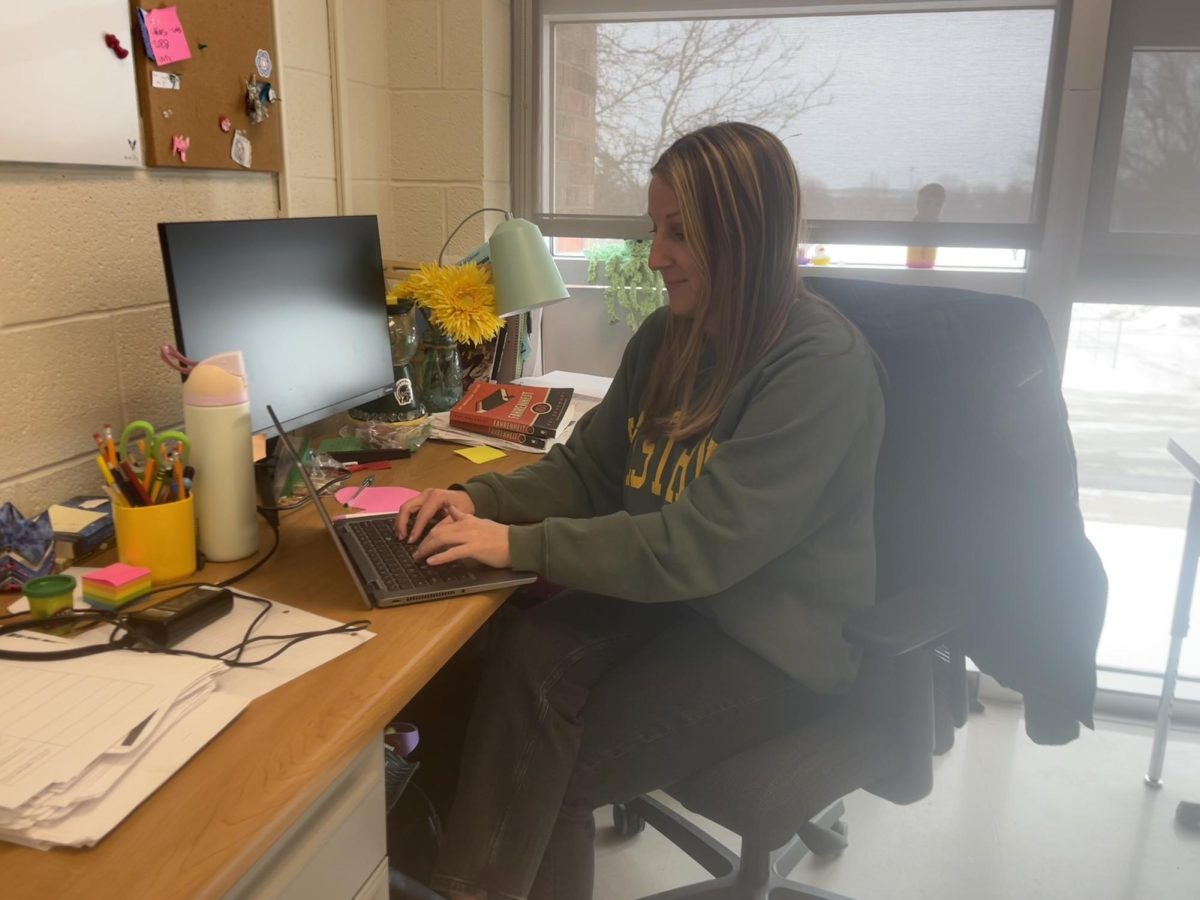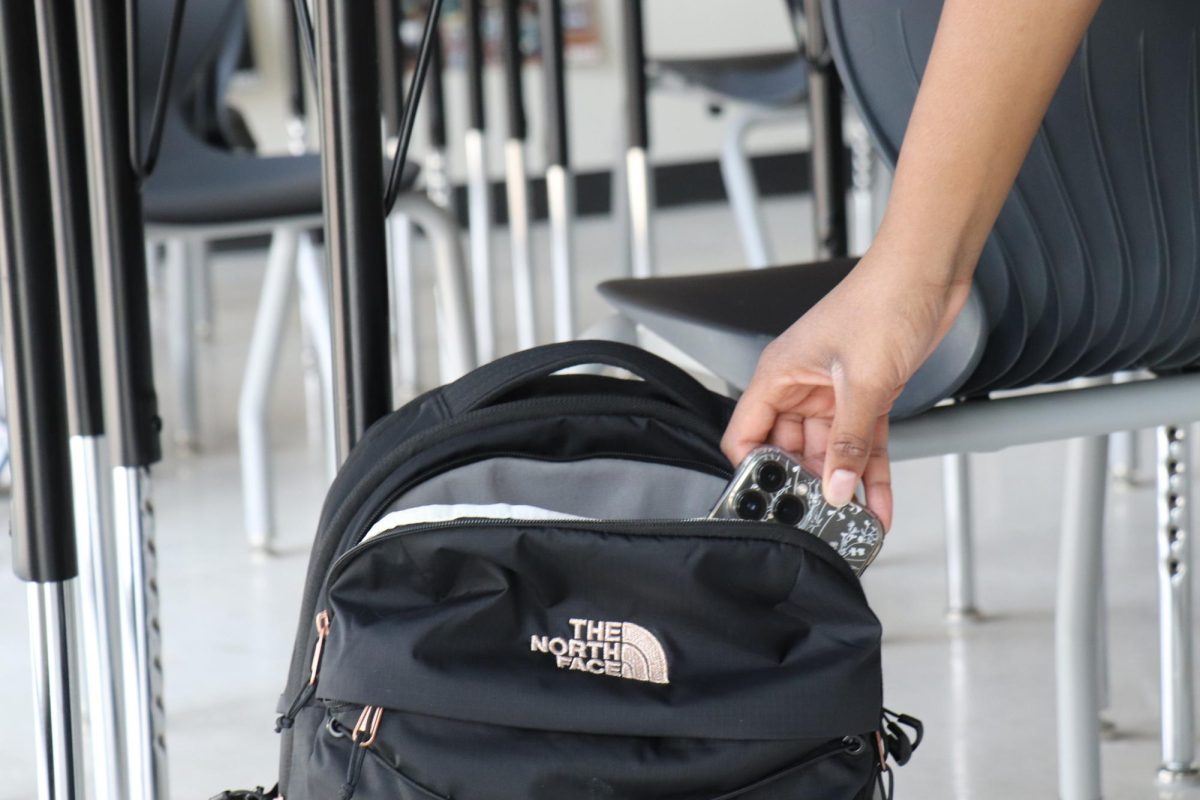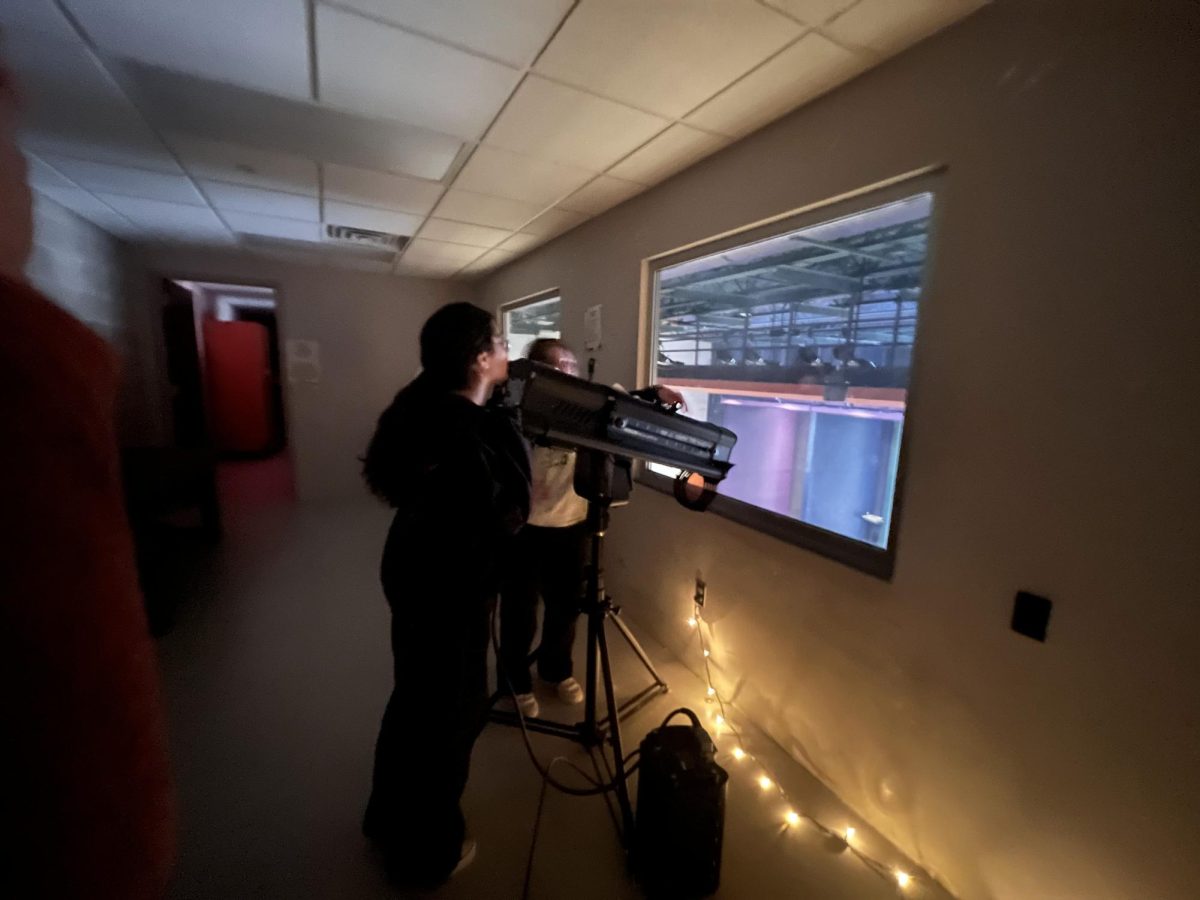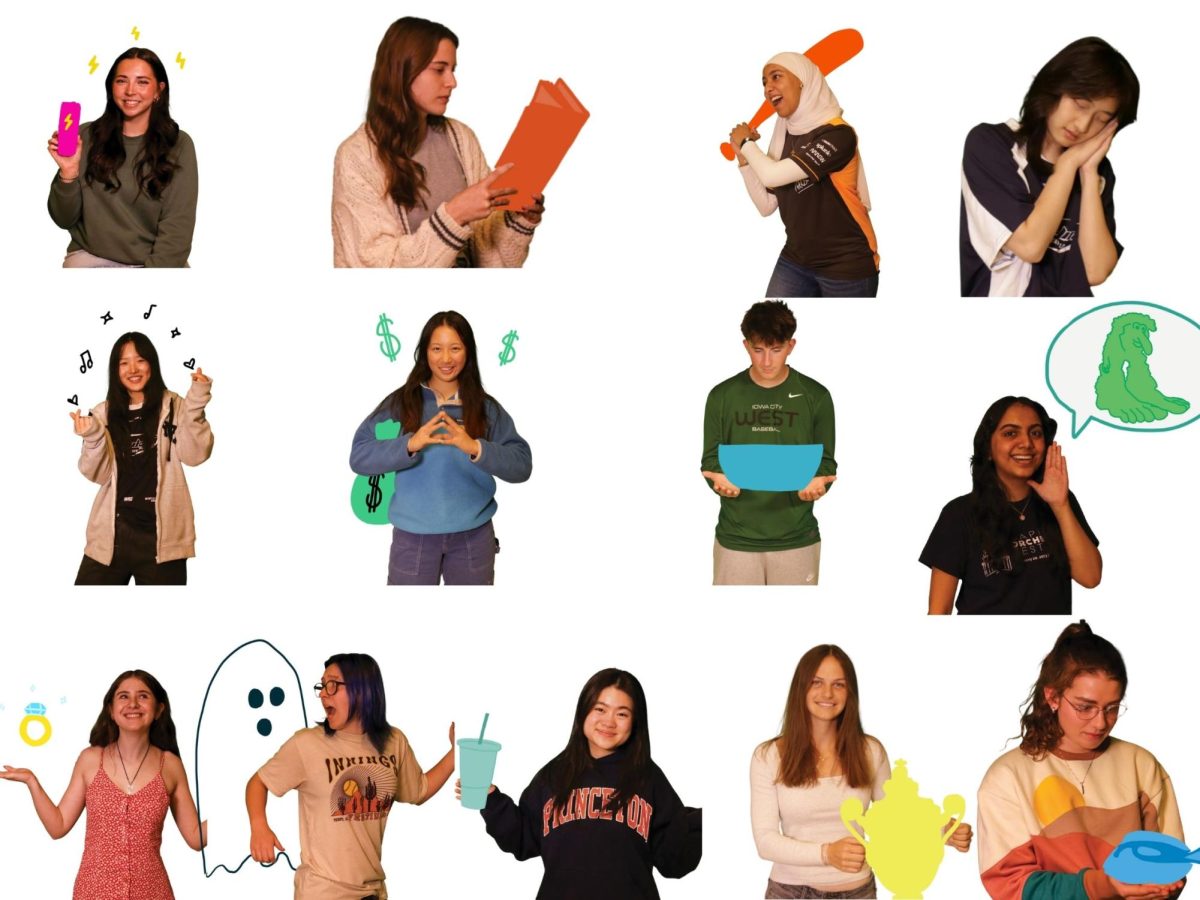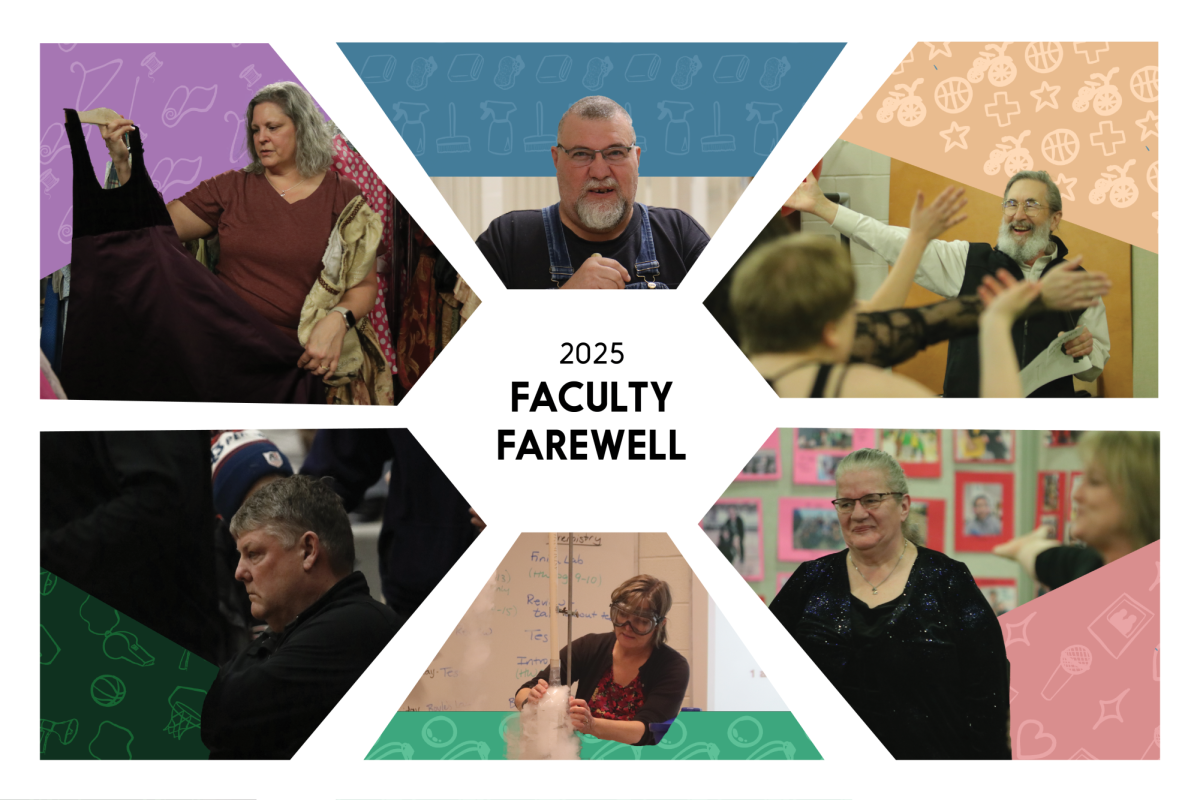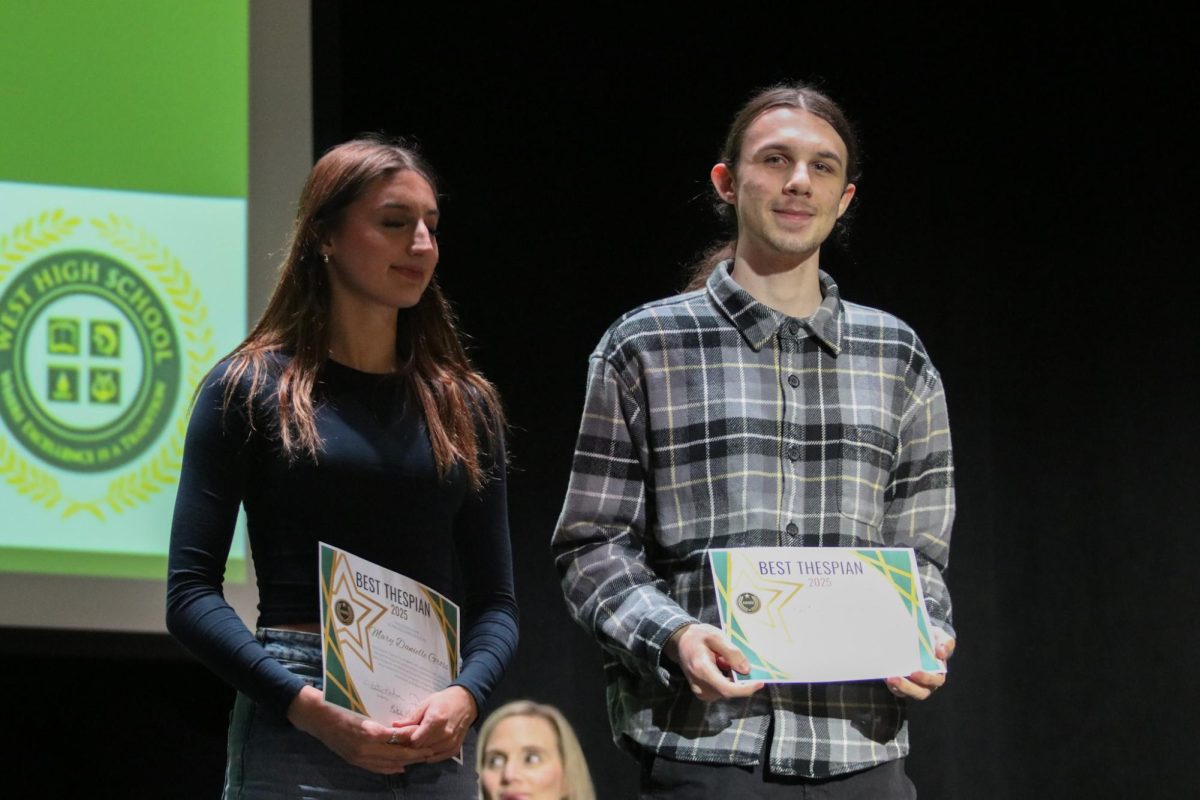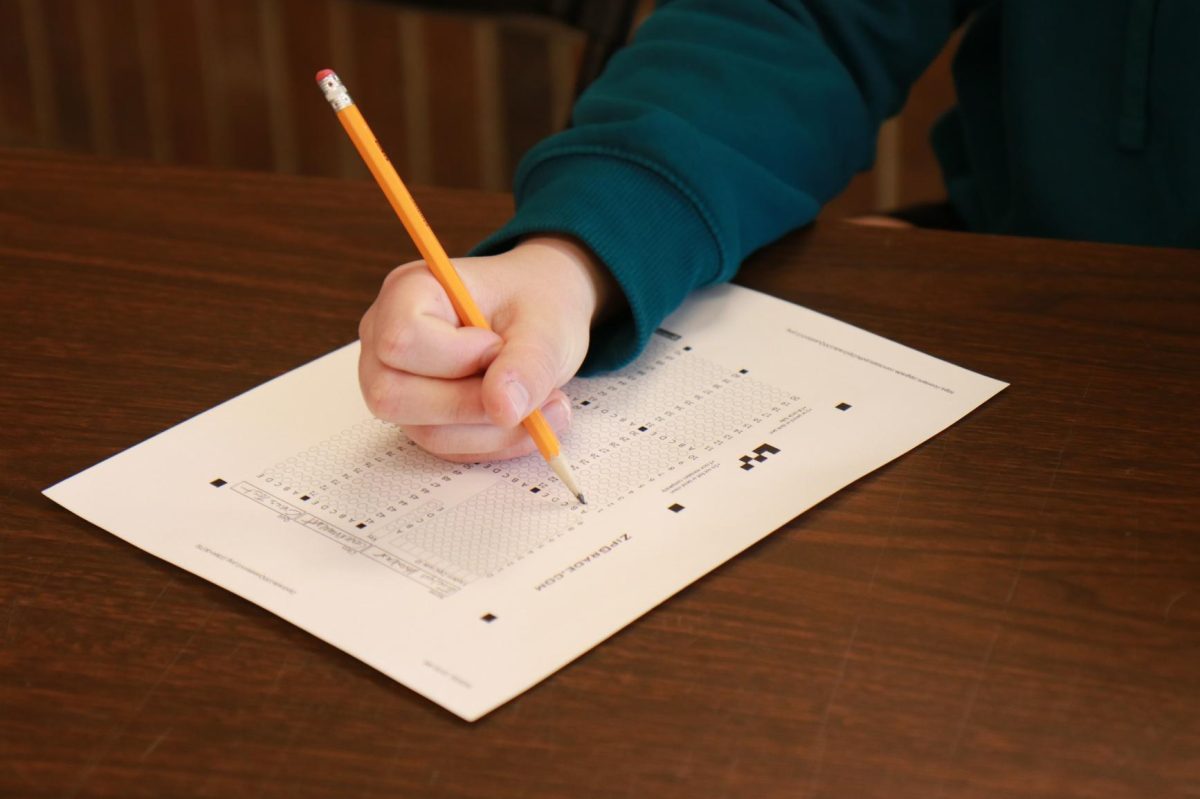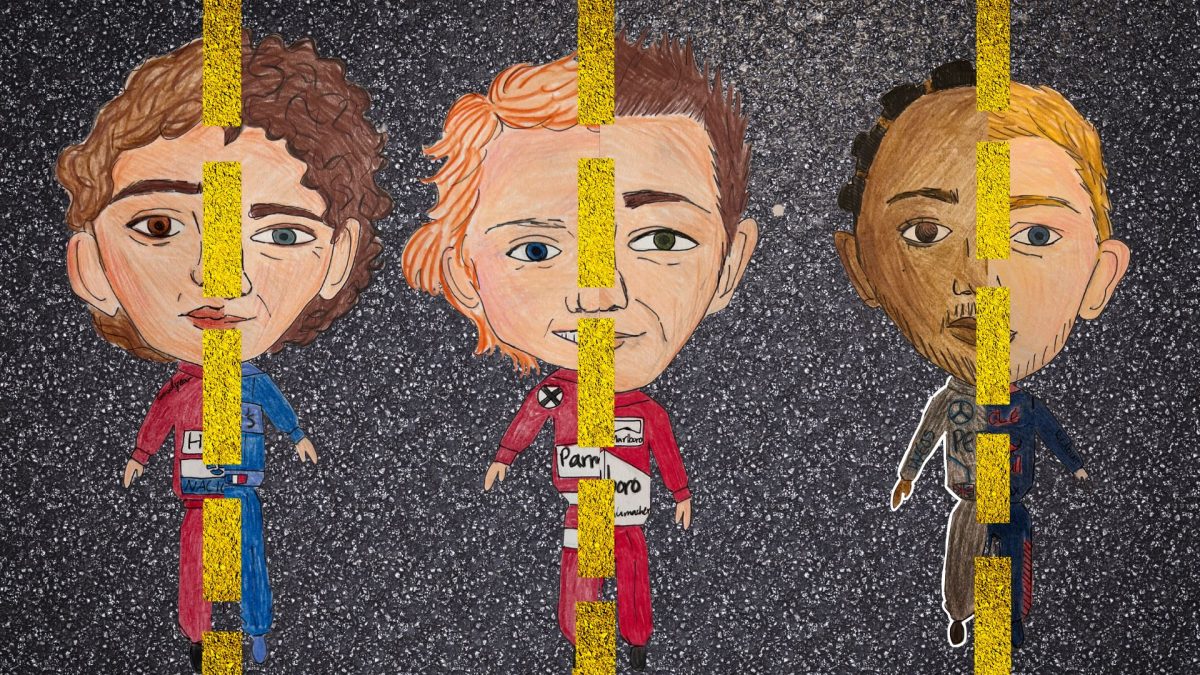On average, only 20% of American high school students will study a foreign language, according to the American Academy of Arts & Sciences. In comparison, 92% of students study a foreign language in Europe, on average, as reported by the European Commission.
Fluency in multiple languages comes with many benefits, such as new perspectives, helping to connect with people and maybe best of all, the enticing trips abroad offered by the schools.
However, traveling abroad can be expensive and scary if it’s a student’s first time outside of the country, especially with an entirely different culture, unfamiliar landscape and uncomfortable situations.
French teacher Heather Wacha agrees with the advantages of traveling abroad.
“I see them learning about themselves. I have had many students come back to me and say, ‘Madame, you told us we were going to learn about ourselves. And I thought, No, I know everything about myself. But I see what you mean now, right? I’m confronted with situations that you would never be confronted with in the United States.’ And so you learn, ‘Oh, hey, I can do this. I can do this.’”
Wacha also agrees that there are some challenges and setbacks that can happen while on a foreign trip.
“I think the biggest challenges are having to face situations that are uncomfortable,” Wacha said. “When you go to a different country, and you study abroad, you have to learn a completely different system. You absolutely end up in situations that are very uncomfortable. And you have to just kind of learn to be okay with that. And that’s really hard sometimes. But once you say to yourself, ‘That’s okay, that’s normal. That’s what’s gonna happen. I’m okay,’ then you can get through it. And then again, that is a disadvantage that eventually turns into something that’s very beneficial for you, a skill for later life.”
Wacha also believes one of the greatest benefits of studying abroad is that it can help to grow and build self-confidence.
“You are able then to have the sense of confidence that you can then take with you your entire life. And so instead of being too afraid, later in life, they actually were able to expand their horizons and go travel [to] other places. And I think it enriches your life in so many ways. And it does that for your entire life. It never stops doing that.”
During the ‘22-’23 school year, Josie Schwartz ’25 visited Annecy in the French Alps and Paris during her trip abroad to France.
Micheal Follmer ‘25 also traveled abroad, visiting Madrid and other regions of Spain.
Enjoying ‘La Vie’ in France
For Josie Schwartz ‘25, traveling to France was a great experience. Schwartz visited Annecy and Paris in France and went on a day trip to Geneva in Switzerland with her host family.
“We went through and then all of a sudden, I’m in another country [Switzerland] … It was gorgeous,” Schwartz said.
Along with beautiful scenery in the Alps, Schwartz also noticed how different the culture around food was in France compared to the United States.
“Food is a lot bigger in France than it is here. Especially the culture around food meals, which used to be an experience shared with family,” Schwartz said. “The first night I got there we had squid ink pasta with goat cheese and roasted tomatoes. It was incredible.”
“I always thought it was a stereotype that they eat baguettes all the time, but when I got there the host mother literally gave me a baguette for breakfast,” Schwartz said.
During her stay in Paris, Schwartz got to explore the city with friends, even exploring Versailles Palace.
“We got to go around to all the rooms [in Versailles Palace]. We went out to explore the grounds, which were kind of cold and chilly, but we had some amazing talks and I had one of the best bonding experiences I’ve ever had on the trip,” Schwartz said.
Schwartz also had lots of fun, somewhat embarrassing experiences throughout the trip, from an Italian restaurant in Switzerland to shops in Paris.
“While we were there [in Switzerland], we got dinner. It was an Italian restaurant. Amazing food. It was with my host sister and her parents. The dad took a photo and he started laughing and was like, ‘Hey, find the American!’ [In] the photo I was the only one smiling,” Schwartz said.
While Schwartz and her friends were exploring, they had a hilarious mishap in a Dior store in Paris.
“We looked around, and I just wanted to get lip oil but they didn’t have the color that I was looking for. So we tried to leave. But then the door closed when we were trying to walk out. Some employees saw us and smiled, pointing with their hands away from the door. We’re just like, ‘I guess we keep shopping?’, but we spent all our money. So we tried to sneak back out the exit door and they had to get someone to escort us out because they didn’t understand what we were doing and inconveniently, nobody spoke English there … It was so awkward.”
Although Schwartz was in her third year of French, she still sometimes needed help with translations.
“When they said a word that I didn’t know the translation of either I would just look at them like I didn’t know what they’re trying to say or my host mom spoke pretty fluent English. So she helped translate,” Schwartz said.
But, Schwartz was also disappointed in how quickly people in France would switch to English when they noticed an American accent.
“We’d go there and we’d talk to people and we would have an accent and they would immediately switch to English. I’m like, ‘No, give me a chance to speak French.’”
Although the trip only lasted ten days, preparation for the trip began months earlier.
“We had meetings leading up to the trip, starting in September,” Schwartz said. “It’s just practice and everything. And we just had to learn the entire metro system and how to navigate it.”
“It [the trip] was just incredible,” Schwartz said. “[…] I think it was 100% worth it.”
Living ‘La Vida’ in Spain
Micheal Follmer ’25 took his trip to Spain, visiting the Museo del Prado, the Spanish countryside and the capital of Madrid, finding out for himself why exactly Spain is known for its extravagant food, aesthetic views and its exceptional hospitality.
“I really enjoyed going everywhere … It lived up to my expectations.” Follmer wrote in an email.
During the trip, Follmer found himself staying with a host family that cared for him and treated him like their own. His host family brought him to see many cultural landmarks and spent plenty of bonding time together.
“I enjoyed going to the beach with my host family,” wrote Follmer. “We went shopping too. I bought some really overpriced clothing. It was all very fun, but the family stay was the best part.”
Someone could say Follmer’s trip sounds more like a regular vacation. Although it was filled with bliss, joy, and new experiences, Follmer’s trip was also a great learning experience more than anything.
“I could always speak English if I wanted. That didn’t stop me from speaking Spanish as much as I could. I was glad that I improved my Spanish as much as I did,” wrote Follmer.
Whilst being around Spanish culture, Follmer began to pick up on certain aspects of the cultural differences between America and Spain seen in everyday life.
“Nothing hit different quite like the typical Spanish cuisine that we had at restaurants that we went to. The seafood there was unreal. A lot of the architecture was different from what we have here,” Follmer wrote.
It was a great experience for Follmer, enough so that he is going back again in the summer of 2024. It might seem like these journeys are a lot of work, and they are, but breaking out of comfort zones and trying new things can be very beneficial and awe-inspiring.
“Anyone who has the means to go, should,” wrote Follmer. “It’s a very good experience, and you really find yourself when you’re so far away from home. It gave me a lot of perspective on the world.”




